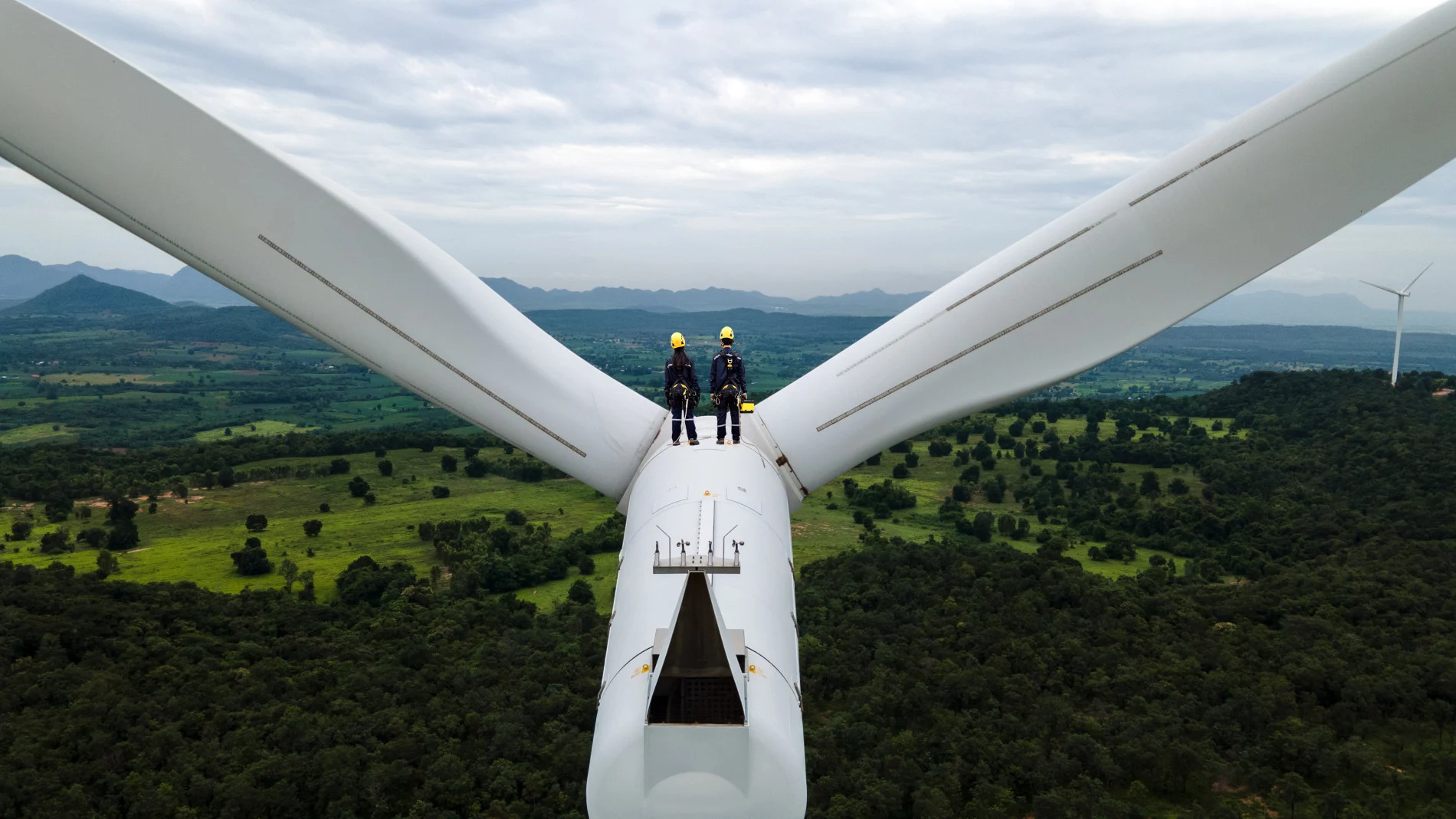
New climate report is a final warning: these solutions are needed now
Key measures that speed up the transition to zero-emission already exist but experts suggest these solutions are not being implemented fast enough. They are needed now.
Countries know how to prevent disastrous levels of climate change, but are failing to do so according to the latest report by the Intergovernmental Panel on Climate Change (IPCC).
The IPCC’s latest major scientific report released Monday concluded that carbon emissions need to peak by 2025 at the latest and fall 43 percent by 2030 to have any chance of limiting warming to around 1.5°C. In addition, soaring methane levels need to be cut by one third.
Rapid decarbonization of energy production, transportation, buildings, and industry would create a fairer, more sustainable world and be far less costly than the present path we are on, the report concluded. The Working Group III report examined over 18,000 studies and was approved by 195 countries.
RELATED: Canada releases plan for a 40 per cent cut in carbon emissions by 2030
“It’s now or never,” stated IPCC Working Group III Co-Chair Jim Skea. “Without immediate and deep emissions reductions across all sectors, it will be impossible to limit warming to 1.5°C or 2.0°C,” Skea said in a press conference.
We already have the tools to make deep cuts in fossil fuel use, the report noted. These five key measures will play an instrumental role:
Decarbonize electricity supply
Radically improve energy efficiency in buildings and other sectors
Electrify transport
Use low- or zero-carbon fuels (e.g., hydrogen, bioenergy, ammonia) in hard-to-decarbonise sectors such as aviation, steel, and concrete
Encourage walking, bicycle use, and plant-based diets, while reducing material consumption
Yet, current events address the complex nature of the climate crisis. The war in Ukraine is causing food and energy prices to skyrocket but increasing fossil fuel production will only make matters worse, stated UN Secretary General Antonio Guterres. Countries that increase production are “truly dangerous radicals,” he remarked in a press conference.
“We are on a fast track to climate disaster,” Guterres stated, commenting on the report. “Some government and business leaders are saying one thing — but doing another. Simply put, they are lying.”
Last week the Federal government of Canada unveiled its Emission Reduction Plan that key stakeholders called the most ambitious yet. But while the new roadmap speculates how sectors in Canada can reduce carbon emissions, paradoxically the plan allows for an increase in oil production of nearly a million barrels a day, according to Julia Levin, senior climate & energy program manager at Environmental Defence Canada.
“As the Secretary General said, increasing production is just adding fuel to the flames,” Levin told The Weather Network.
The IPCC report calls for the elimination of fossil fuel subsidies which could reduce emissions 10 per cent, improve public revenues, and bring environmental benefits. However, Canada handed out $8.6 billion to the oil and gas sector in 2021 alone according to a new Environmental Defense report.
The 2022 federal government budget to be released April 7 is expected to contain a new oil and gas subsidy. The carbon capture, utilization, and storage (CCUS) investment tax credit is intended to help oil sands companies create an unprecedented $75 billion CCUS involving pipelines to and from a carbon sequestration hub near Cold Lake, Alberta.
The federal government is also considering approval of a huge new offshore oil-drilling project called Bay du Nord. The industry plans to extract 200,000 barrels a day, 500 kilometres east of St. John's, Newfoundland.
That these enormous industry subsidies and tax breaks continue, and that Bay du Nord is even being considered, reveals the political lobbying power of the oil and gas industry in Canada, said Levin.
“Governments face a choice,” stated Eddy Pérez, international climate diplomacy manager, Climate Action Network - Réseau action climat Canada. Governments can either transform their economies by accelerating climate action or allow “the fossil fuel industry to burn our chance for a livable future,” Perez noted in a statement.
It is physically possible to cut emissions by 45 per cent by 2030, said IPCC lead author Chris Bataille, an energy economist and adjunct professor at Vancouver’s Simon Fraser University (SFU). Politically it is very difficult even though Canada could easily be a green energy leader, Bataille told The Weather Network in an interview.
Canada needs tougher emissions reduction policies including a $100 a ton carbon price he said. The 2022 carbon price is $50 a ton and it doesn’t apply to heavy carbon-emitting industries including oil and gas production or steel and concrete manufacturing among others.
Canadians need to use their cars less, insulate their homes, install heat pumps, and so on. But most importantly the public needs to “back candidates running for election who support serious climate policies”, Bataille said, adding: “What this new IPCC report is saying to Canadians is that our time has run out.”
Thumbnail credit: Tunvarat Pruksachat/ Moment/ Getty Images










